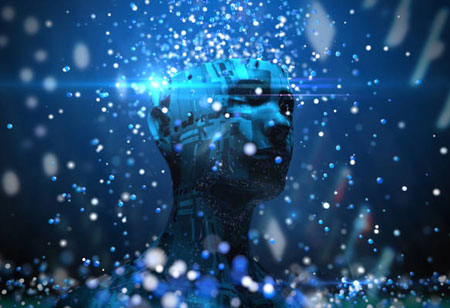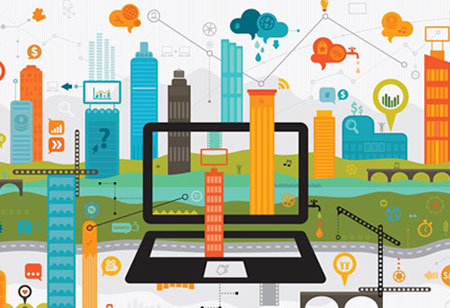THANK YOU FOR SUBSCRIBING
Chatbot's Applications Extend to More Complex Tasks
An artificial intelligence (AI) powered agent meant to answer queries in real time—which was merely a concept a decade ago—is implemented in the form of chatbots today.

By
Apac CIOOutlook | Thursday, January 01, 1970
Stay ahead of the industry with exclusive feature stories on the top companies, expert insights and the latest news delivered straight to your inbox. Subscribe today.
An artificial intelligence (AI) powered agent meant to answer queries in real time—which was merely a concept a decade ago—is implemented in the form of chatbots today. The adoption of these virtual agents, chatbots, by businesses of all kinds, is growing rapidly. While customers are becoming increasingly tech-savvy, companies also are venturing into emerging technologies. Banks, for instance, are launching chatbots to handle digital requests of customers without any human intervention.
Starting from small-scale pre-programmed processes, chatbots are estimated to solve complex issues in every industry and offer better, personalized solutions to customers. At present, chatbots depend on computer coding and AI for solving typical problems that include purchasing products online and booking a cab or a table in a restaurant. However, the emergence of several automation technologies along with AI will lead to chatbots performing broader and more complex tasks in the near future. Machine learning, coupled with deep learning—a technique that forms human-like conclusions instantly based on comprehensive networks—can enable chatbots to make the most out of the enormous amount of organizational data across all departments. Additionally, a rise in the processing power will give a major boost to chatbots’ quality of understanding and decision-making along with widening the range of capabilities that chatbots can achieve.
The advancing technologies will also equip the chatbots of tomorrow with an ability to process sophisticated algorithms and discern more information about users, in turn, delivering unique, personalized experiences to these users. Furthermore, chatbots are predicted to become more goal-oriented and will also create authentic relationships with a specific audience. Today, businesses can no longer afford to miss out on chatbots’ potential to deliver seamless customer experiences.





